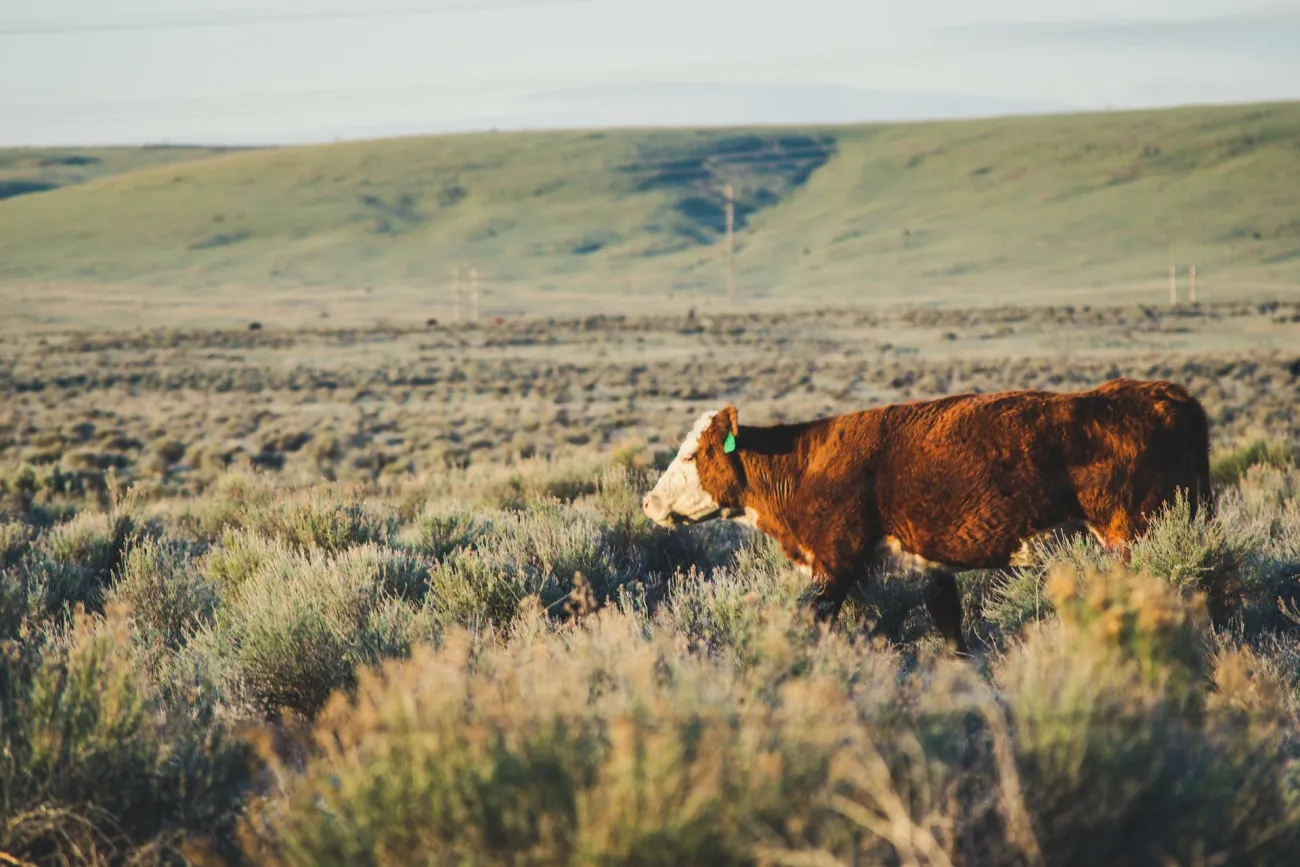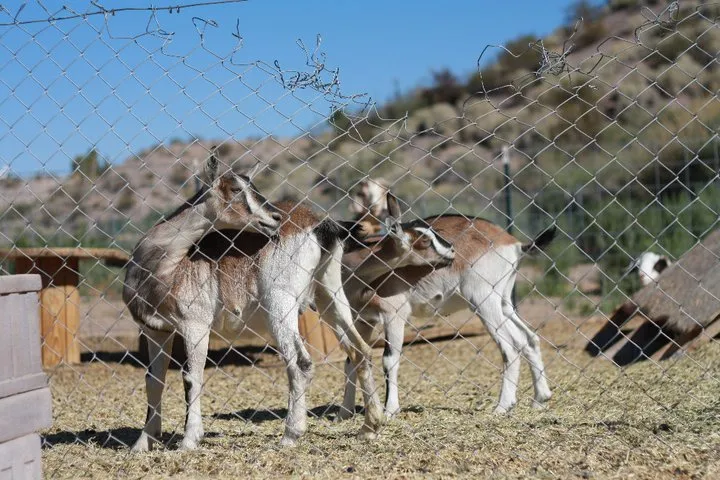This report by IPES-Food (the International Panel of Experts on Sustainable Food Systems) scrutinises eight key claims about the future of protein (including livestock and alternative proteins), identifies five ways in which these claims result in oversimplified discussions, and sets out three recommendations to reframe discussions and reduce polarisation.
Image

The eight claims analysed are:
- We need more protein to meet the needs of a growing population. The report argues that there is no global protein deficit between supply and nutritional needs - rather, poverty and poor access to food drive nutritional deficiencies. It finds a disproportionate level of attention to protein - as opposed to other nutrients and micronutrients - in media, marketing materials, commercial activities, and high-protein diets such as paleo and keto.
- Eating red meat is bad for your health. This claim focuses on links between chronic disease and red and processed meat consumption. The report finds that the health risks of red meat are often overstated and ignore differences caused by how livestock is reared (e.g. grass-fed vs. grain-fed) and how meat is processed or cooked, while meat’s dietary contribution to micronutrients and bioavailable protein is often downplayed. The human health risks of environmental contamination caused by livestock, e.g. through antimicrobial resistance, are often overlooked.
- Livestock production is incompatible with climate and sustainability goals. The report argues that many studies on the environmental impacts of livestock farming focus too narrowly on metrics such as protein and greenhouse gas emissions, ignoring wider aspects such as livelihoods and biodiversity. While life cycle assessment can analyse multiple impact categories simultaneously, the boundaries and methodologies are contested. The claim often fails to distinguish between industrial feedlots and more extensive styles of livestock production. Meanwhile, claims about the sustainability or otherwise of plant-based diets also often fail to reflect the wide variety of diets that the label includes.
- Eating meat, dairy and fish is part of who we are. This claim is often used to argue that changing diets is difficult, and also to support the use of meat-like plant-based alternative proteins. The report notes that norms around animal product consumption are very diverse around the world; that current trends towards higher meat consumption are shaped in part by marketing and lobbying; and that our relationship to animal products can still change.
- ‘Alternative proteins’ are a win-win-win for animals, people and the planet. The report notes that evidence on the sustainability of alternative proteins, particularly lab-grown meat, is patchy and sometimes speculative, with manufacturer-generated studies being more readily available than independent studies. It is unclear whether lab-grown meat will actually have the same nutritional profile as animal products. Meanwhile, the impacts of plant-based substitutes depend strongly on the ingredients used and how they are grown, and their environmental advantages depend on which livestock systems they are compared with. The authors warn that control of alternative proteins is being concentrated among a small number of dominant firms.
- With wild fish capture stagnating, aquaculture production should be increased. The report notes that aquaculture systems and their impacts are highly varied, with some models harming food security because of their use of fish as an input to feed the fish being reared.
- Technological advances can rapidly reduce the negative impacts of livestock. The report argues that this claim overlooks the way in which “techno-fixes” are often best suited to large-scale, capital-intensive farms, which carry their own risks such as the spread of pathogens.
- Regenerative livestock systems can solve environmental problems like climate change and soil degradation. This claim concerns practices such as rotational grazing, with the argument being that they can sequester carbon in degraded soils and improve on-farm biodiversity. This claim has been made by both individuals such as Allan Savory and by multinational food companies who are introducing “carbon farming” or regenerative agriculture across large areas of land. However, note the authors, soil carbon measurements are still unreliable, and some soils reach a carbon equilibrium after a few decades. They also note that regenerative agriculture risks being co-opted or diluted by large corporations. Furthermore, there is not enough land available globally to support current numbers of domesticated grazing animals.
The key limitations cutting across these claims are:
- Overemphasis on protein.
- Reducing sustainability concerns to greenhouse gas emissions only.
- Failure to consider how foods are produced.
- Failure to differentiate between world regions.
- Failure to consider complexities, path dependencies and power dynamics.
The report recommends:
- Move away from focusing on the “protein transition” and towards thinking about sustainable food system transitions and sustainable food policies.
- Prioritise reform pathways that deliver on all aspects of sustainability, and focus on the regional/territorial scale.
- Reclaim public resources (e.g. funding) from “big protein” and instead support innovation in ways that align with the public good.
Read the full report, The Politics of Protein: Examining claims about livestock, fish, ‘alternative proteins’ and sustainability, here. See also the TABLE explainer Focus: the difficult livestock issue.




Comments (0)